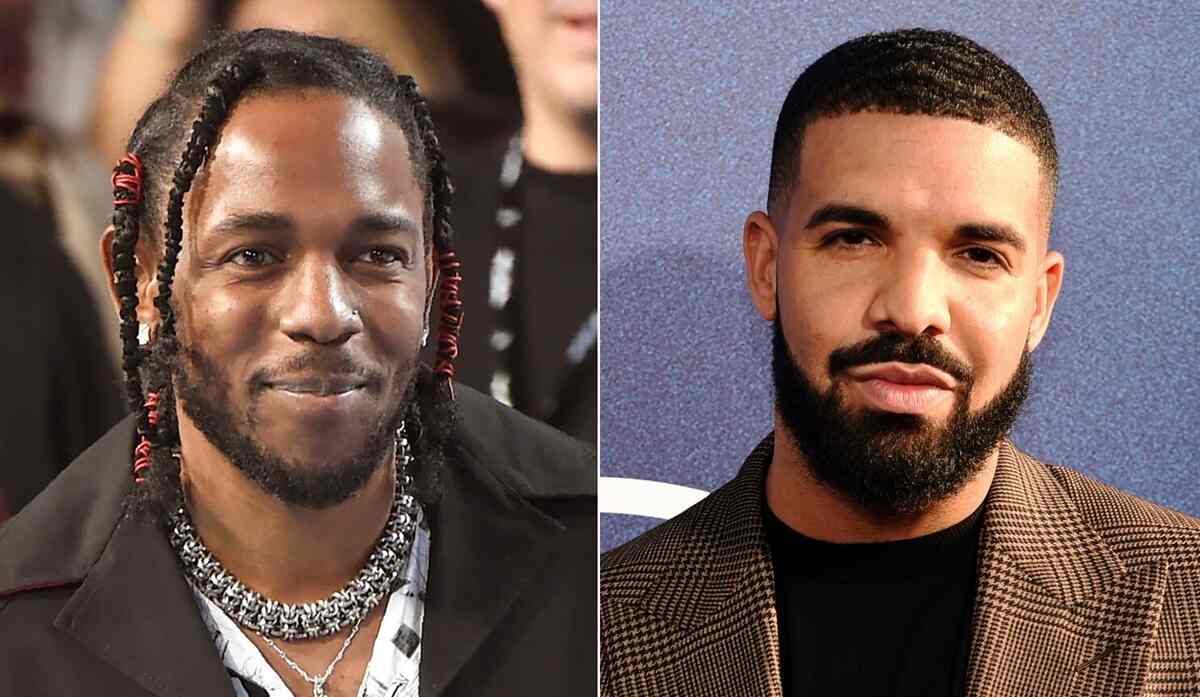A New York City judge has denied Universal Music Group’s (UMG) request to delay discovery in the defamation lawsuit filed by rapper Drake. This decision allows Drake’s legal team to move forward with deposing key executives and obtaining crucial documents.
Judge Jeanette Vargas ruled on April 2 that UMG’s legal team had not provided sufficient justification for a delay. The decision came despite UMG’s insistence that a stay was necessary. However, the judge also deemed Drake’s proposed six-month discovery period as excessive, instructing his team to submit a revised timeline.
Drake’s lead attorney, Michael Gottlieb, reacted to the ruling with a statement, asserting that the proceedings will now uncover what UMG had attempted to withhold.
Drake initiated legal action against UMG in January, accusing the label of defamation and harassment following the release of Kendrick Lamar’s track “Not Like Us.” The song, also distributed by UMG, contained serious allegations against Drake, branding him a pedophile.

Despite the ongoing litigation, the song achieved massive success, winning five Grammy Awards and being performed by Lamar at the Super Bowl halftime show.
Also Read: Judge Dismisses Lawsuit Against Sean “Diddy” Combs Over Plaintiff’s Anonymity
The controversy surrounding the track escalated further when a shooting occurred outside Drake’s Toronto residence just days after its release. His lawsuit claims that UMG’s promotion of the song placed him in physical danger and severely damaged his reputation.
Drake initiated legal action against UMG in January, accusing the label of defamation and harassment following the release of Kendrick Lamar’s track “Not Like Us.” The song, also distributed by UMG, contained serious allegations against Drake, branding him a pedophile.
Despite the ongoing litigation, the song achieved massive success, winning five Grammy Awards and being performed by Lamar at the Super Bowl halftime show.
The controversy surrounding the track escalated further when a shooting occurred outside Drake’s Toronto residence just days after its release. His lawsuit claims that UMG’s promotion of the song placed him in physical danger and severely damaged his reputation.

